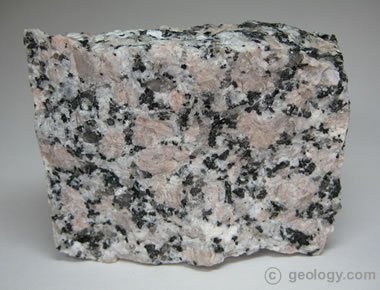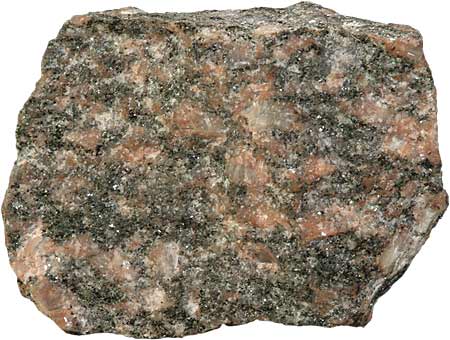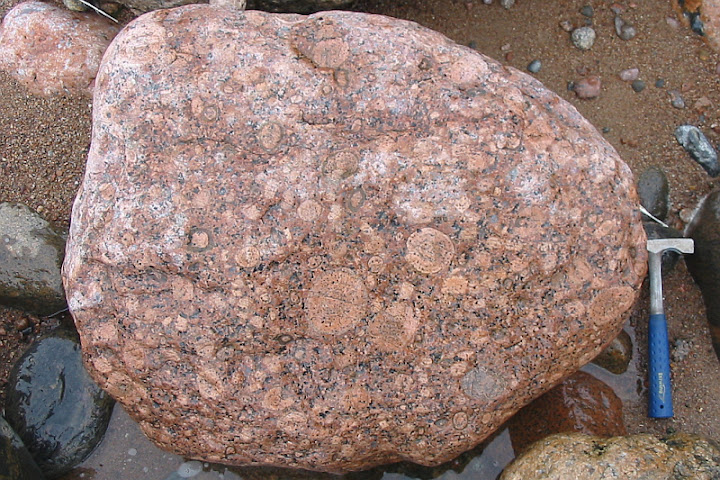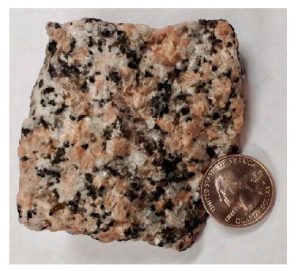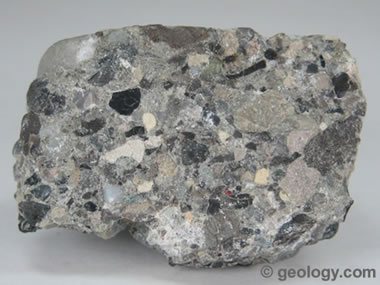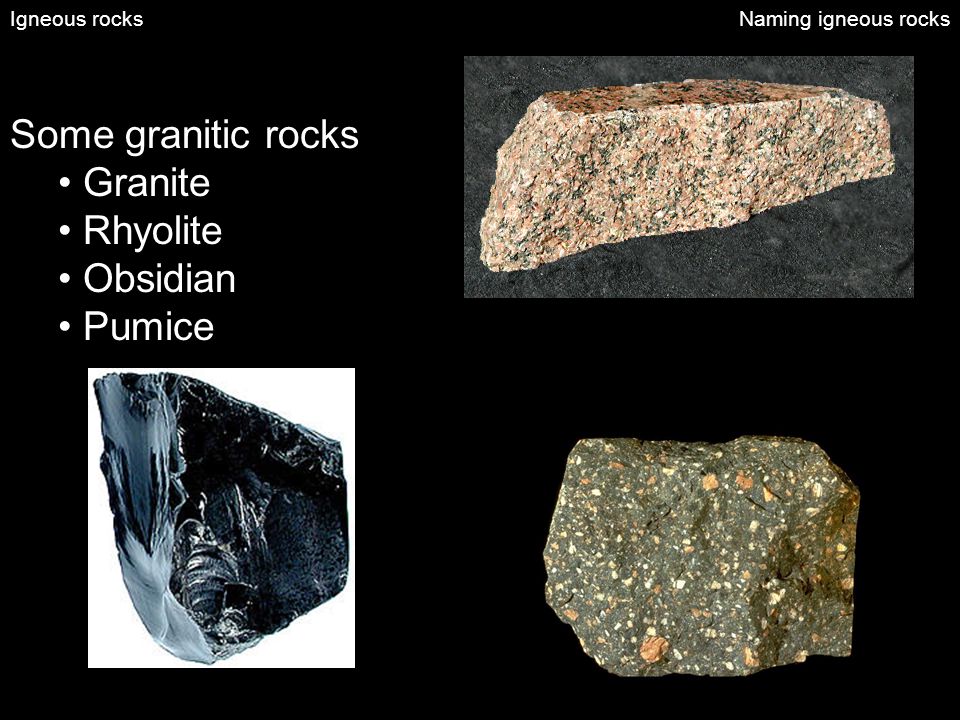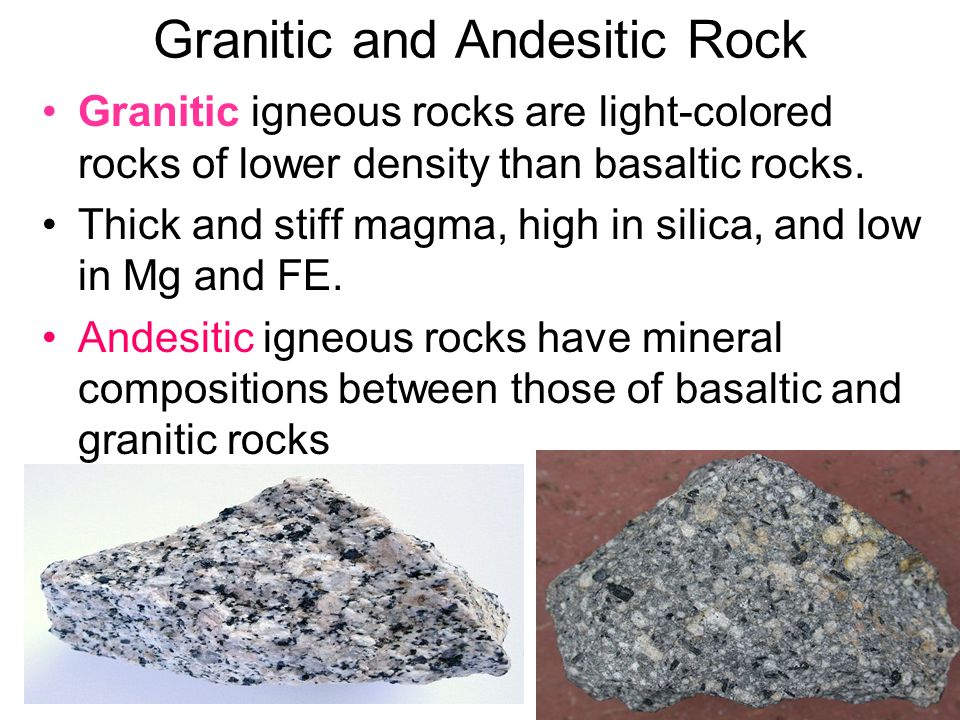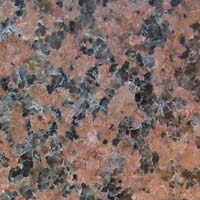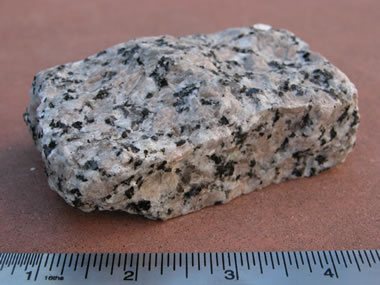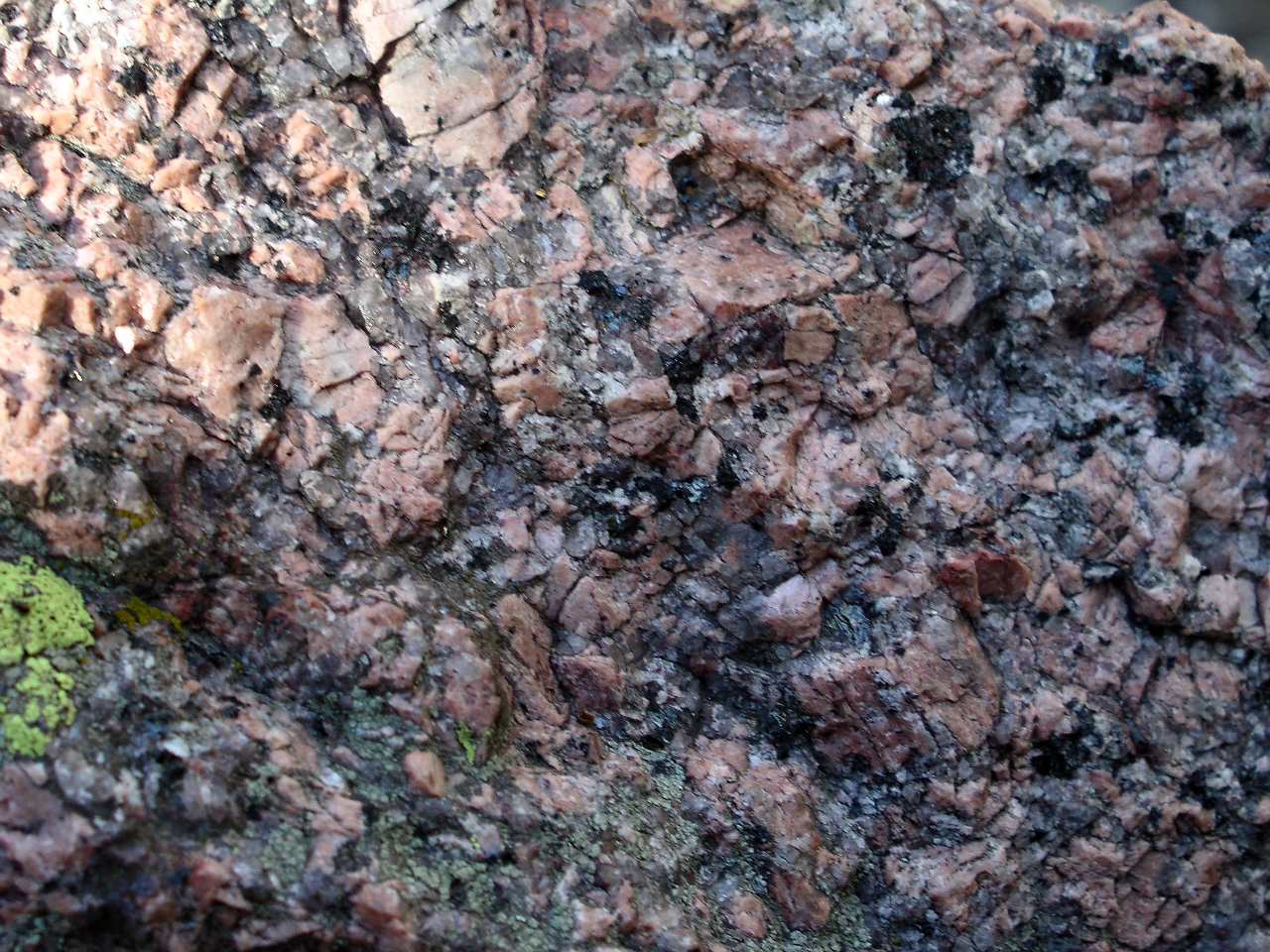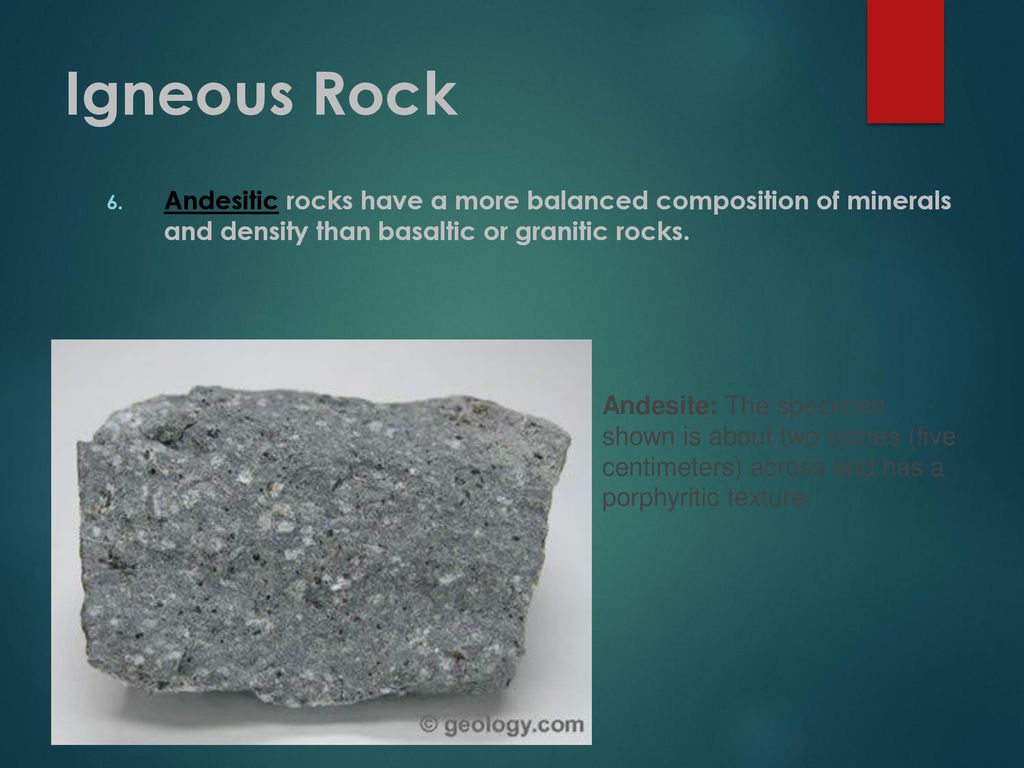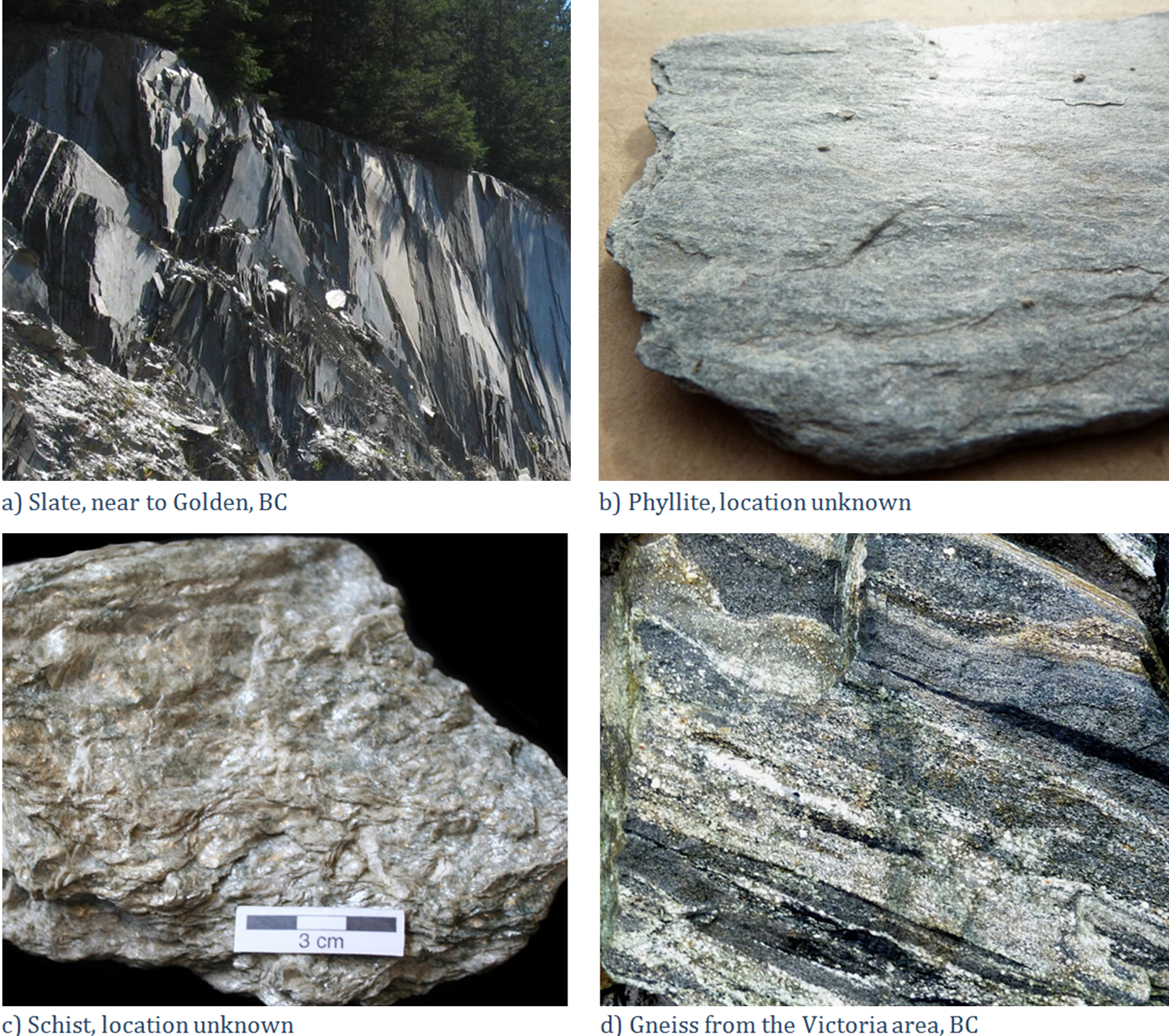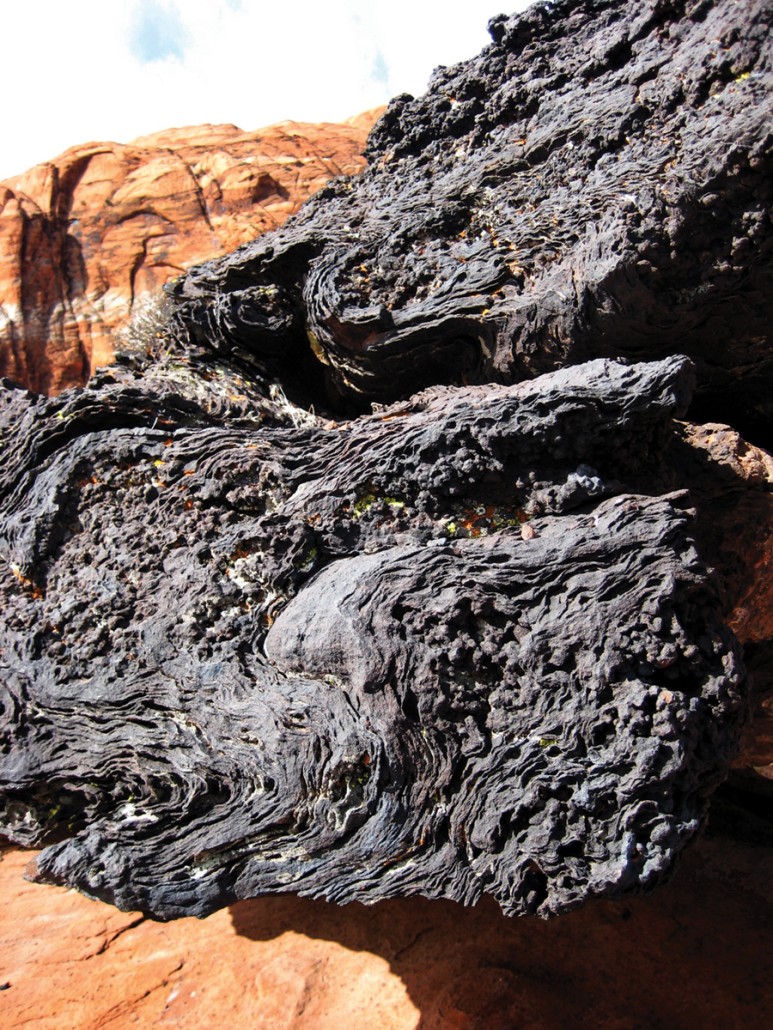Basaltic Igneous Rocks Are Lower In Density Than Granitic Rocks
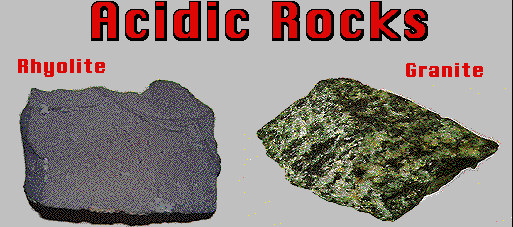
Consequently due to buoyancy the continental crust rides above the oceanic lithosphere and.
Basaltic igneous rocks are lower in density than granitic rocks. Sedimentary rocks and granite which are rich in quartz and feldspar tend to be less dense than volcanic rocks. The difference between granites and basalts is in silica content and their rates of cooling. High in silica content b. Igneous rocks are formed by the crystallisation of a magma.
Rock density is very sensitive to the minerals that compose a particular rock type. And if you know your igneous petrology you will see that the more mafic rich in magnesium and iron a rock is the greater its density. A basalt is about 53 sio2 whereas granite is 73. Plutonic rock formed in the earth.
This magma is thick and stiff. Intrusive slowly cooled inside the crust. Granitic igneous rocks are all of the following except. Lower in density than basaltic rocks d.
They have a higher silica content and a lower iron and magnesium content than the other types of rock. Rich in quartz and potassium feldspar. Granite and rhyolite are felsic igneous rocks intermediate igneous rocks have a density. Continental crust density 2 7 2 8.
The density of the continental granitic lithosphere is lower than oceanic basaltic lithosphere. Igneous rock with a mineral composition between that of basaltic and granitic rock.










